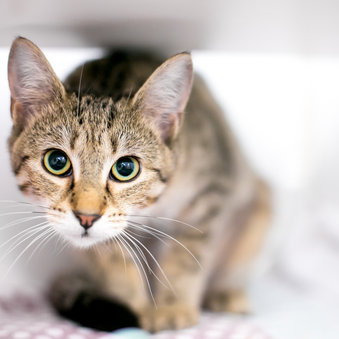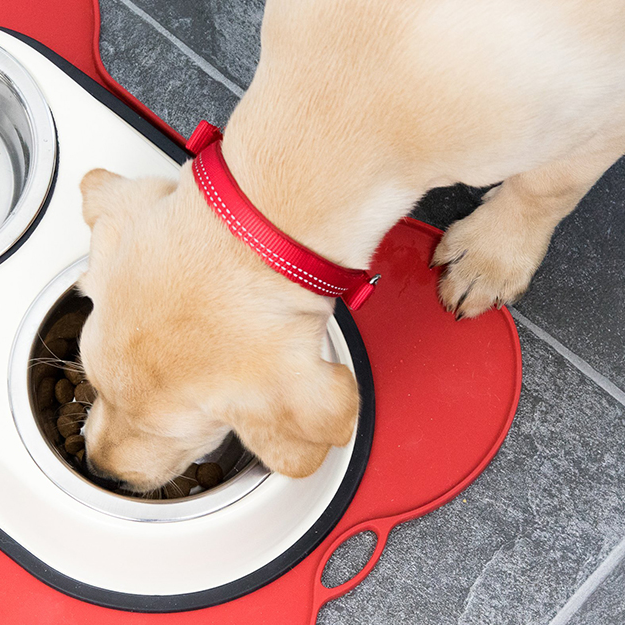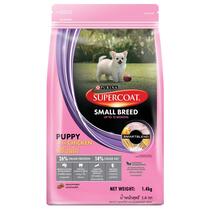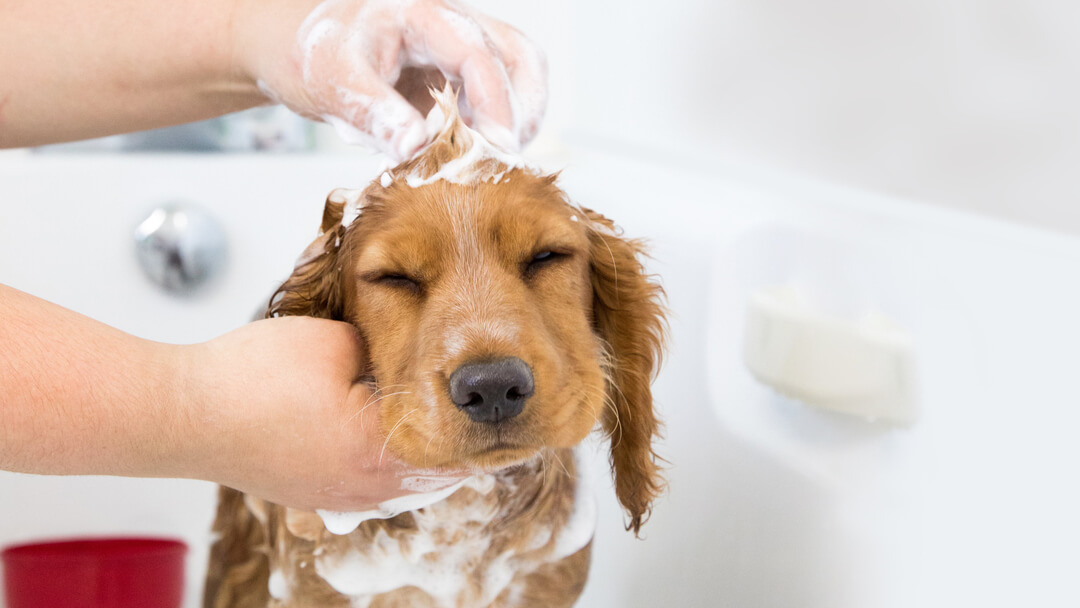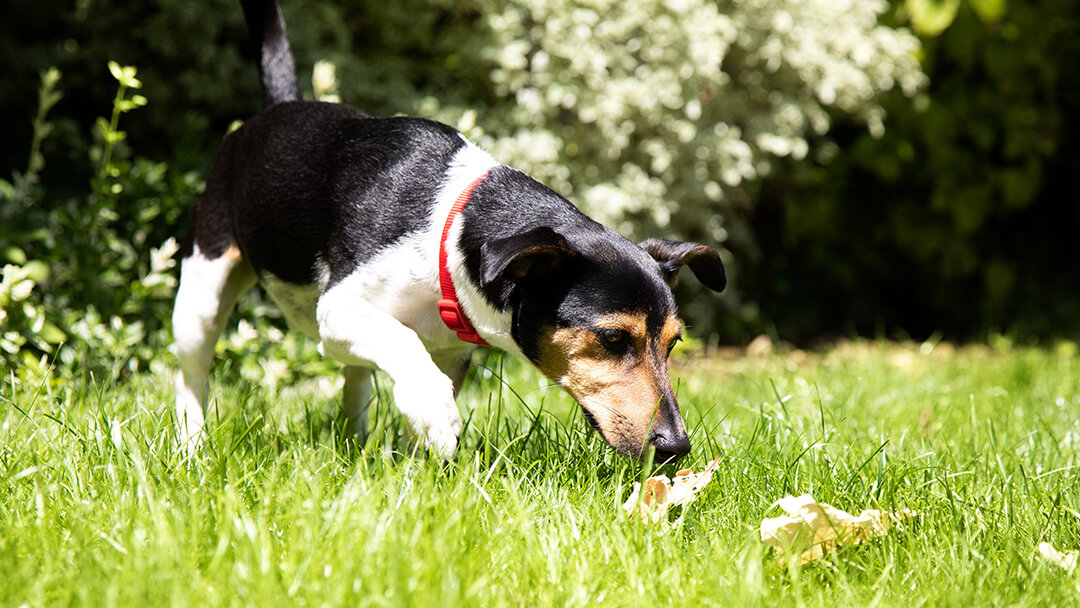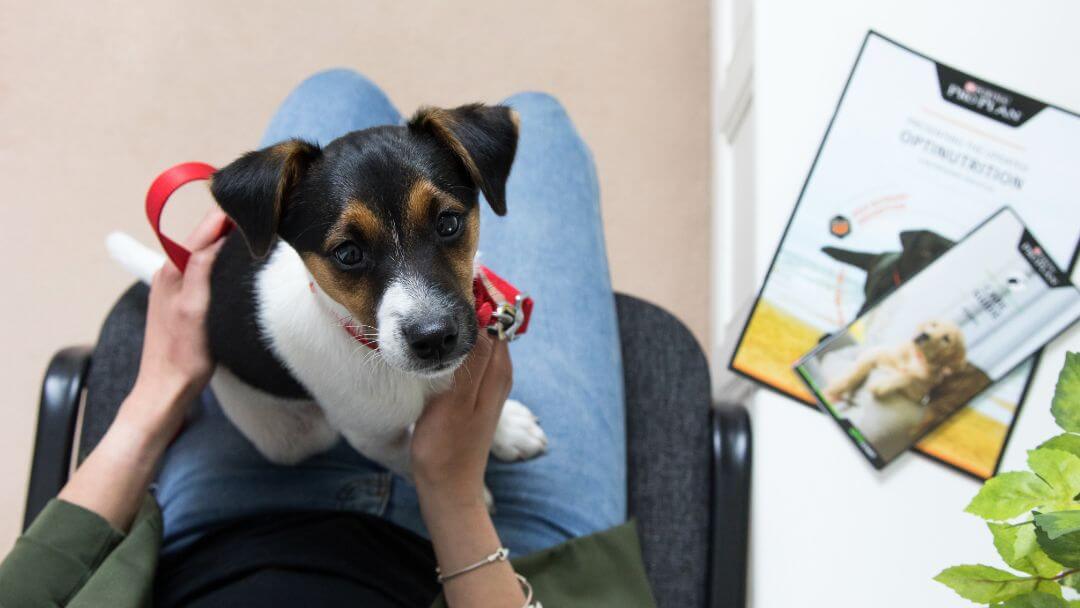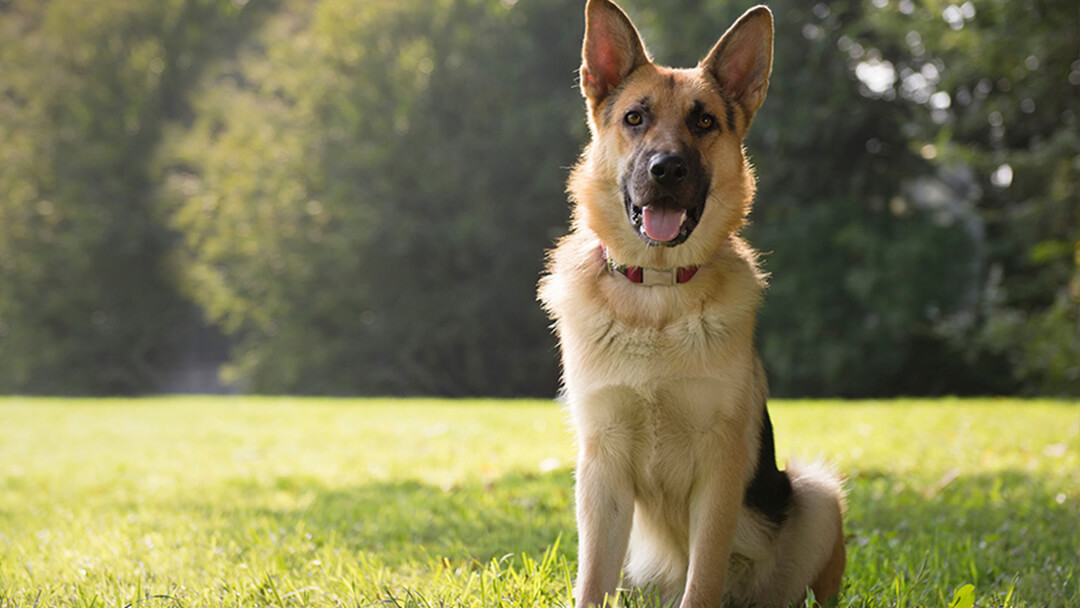
Puppy diarrhoea can be unpleasant to deal with, especially when you’re already working on house-training your puppy. Aside from the difficulty for you, no owner wants to see their puppy suffer. It can also be tricky to recognise when puppy diarrhoea is a sign of something serious, and when it can be easily dealt with.
This article gives you some information about puppy diarrhoea, plus practical advice on treating it.
What gives a puppy diarrhoea?
There are a number of different triggers for diarrhoea in puppies. The majority of these triggers are not serious and can be easily addressed in order to stop your puppy suffering.
Stress
When a puppy first comes to a new home, they are likely to be stressed. This is because they are in completely new surroundings and do not recognise the people around them. Over the first few days of your puppy being home this stress should disappear.
New diet
A puppy with diarrhoea may be struggling to adapt to a change in food. It’s important for a puppy to change from puppy to adult food after their first year, but keep in mind this change in diet may cause diarrhoea – which is completely normal. Within a few days your puppy’s stomach should become used to the new food and the diarrhoea should stop. If not, talk to your vet about possibly trying a different food, and always remember to transition to new foods gradually.
Parasites
Dog parasites such as worms can also cause diarrhoea. Parasites can often be found in unclean conditions, so keep this in mind when choosing a puppy to take home. Parasites can also be passed on from mother to child when the puppy is very young, so if you suspect a parasite could be the problem, arrange a visit to the vet.
These are just some of the most common reasons for puppy diarrhoea. There are many other possible causes, including viral infections and a change in water.
When should a puppy with diarrhoea visit the vet?
If your puppy has diarrhoea it can be tricky to know whether or not it warrants a visit to the vet. However, there are number of signs you can watch out for.
The first is to check there is no blood in the stools. Blood in diarrhoea is a sign that something else is wrong and should be taken seriously. If you see this, take your puppy to the vet as soon as possible.
Are the stools black and tarry? If so, this could be the sign of a more serious problem, because it means there is digested blood in the intestines. It could mean there is some type of internal bleeding going on in their body.
Other signs to watch out for alongside your puppy’s diarrhoea are loss of appetite and frequent vomiting.
If your puppy has not displayed any of the above signs, it’s likely they do not need to see the vet – unless the diarrhoea is frequent or has lasted longer than two or three days.
How to treat puppy diarrhoea
The first and perhaps most effective treatment is to feed a bland diet for a few days. Stick to their regular food and feed in small portions with plenty of water. Avoid giving treats, snacks or human food from your plate.
This should help settle the stomach and within a day you should see your puppy’s stool turn back to the normal consistency.
If your puppy’s condition does not return to normal or seems to worsen, you should visit the vet as soon as possible. Your vet may recommend different medicines that can help treat your puppy’s diarrhoea.
For puppies that experience regular diarrhoea, a specially formulated diet can help.
For more advice on caring for your next puppy, take a look at our guide on puppy separation anxiety, next.

